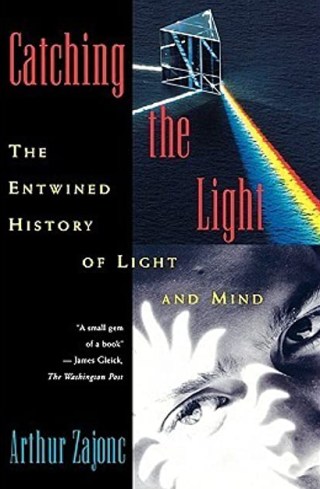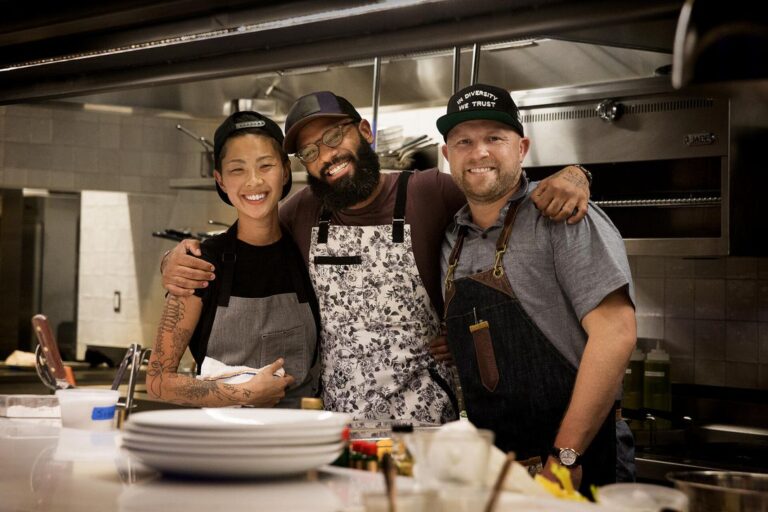Youth and Crabbed Age stand broadly for the two opposite poles of human living, poles equally essential to any real vitality, but always contrasted. Youth stands for rationalism*, for the intellect and its concomitants, egotism and individualism. Crabbed Age stands for tradition, for the instincts and emotions, with their concomitant altruism. (*Note: Due allowance of course being made for the anti-intellectual reaction in the present generation.)
The whole art of living is a delicate balance between the two tendencies. Virtues and vice are but convenient analytic labels attached to particular forms of the two tendencies. Of the two, egotism, self-assertion, are to the youth as necessary — sometimes, I sadly think, more necessary — to good living than altruism. Moreover, the egotism of youth is compulsory, inevitable, and equally the altruism of age is ineductable.
And so she set out to do just that in an entertaining, existentially profound essay titled “Crabbed Age and Youth,” published in her 1915 essay collection Alpha and Omega (public library).
In a passage of extraordinary insight into the meat of life, she writes:
Harrison considers the rudiments of maturity and what makes us who we are by examining the “relations between fairly mature youth and quite early middle age,” defining the latter as “anything completely or hopelessly grown up — anything, say, well over thirty,” winking at the relativity of age with the memory of a time when a person of fourteen appeared to her child-self “utterly grown up.” Reflecting on the young scholar’s remark, and noting in herself with even greater alarm a similar “counter-prejudice” against youth, she observes:
Far from it being true that specialization narrows the individuality, specialization is almost the condition of any true individualism. Through co-operation the sense of personality is born and nourished… The narrow, tedious people are those who are “living their own lives” and consciously “developing their own individualities” — trying to out-shout the other members of the chorus instead of singing in tune, playing their part as actors in a troupe.
[…]
Acting is sinking your own personality in order that you may mimic another’s. Masquerading is borrowing another’s personality, putting on the mask of another’s features, dress, experiences, emotions, and thereby enhancing your own… Youth, and especially shy Youth, is strongly possessed by the instinctive desire to masquerade.
[…]
I am long past blame and praise, or, rather, I am not yet ready for them; there is so much still waiting to be understood.
[…]
[…]
That same year, Harrison was startled to hear one of her young, talented colleagues at Trinity College proclaim that “no one over thirty is worth speaking to.” With her winking intelligence, she observed:
The reasons by which people back up their prejudices are mostly negligible — not reason at all at bottom, but just instinctive self-justifications; but prejudice, rising as it does in emotion, has its roots in life and reality.
The reasons by which people back up their prejudices are mostly negligible — not reason at all at bottom, but just instinctive self-justifications; but prejudice, rising as it does in emotion, has its roots in life and reality.
The reasons by which people back up their prejudices are mostly negligible — not reason at all at bottom, but just instinctive self-justifications; but prejudice, rising as it does in emotion, has its roots in life and reality.
The reasons by which people back up their prejudices are mostly negligible — not reason at all at bottom, but just instinctive self-justifications; but prejudice, rising as it does in emotion, has its roots in life and reality.
The reasons by which people back up their prejudices are mostly negligible — not reason at all at bottom, but just instinctive self-justifications; but prejudice, rising as it does in emotion, has its roots in life and reality.
The reasons by which people back up their prejudices are mostly negligible — not reason at all at bottom, but just instinctive self-justifications; but prejudice, rising as it does in emotion, has its roots in life and reality.
People ask: “Would you or would you not like to be young again?” Of course, it is really one of those foolish questions that never should be asked, because they are impossible. You cannot be — you that are — young again. You cannot unroll that snowball which is you: there is no “you” except your life — lived. But apart from that, when you rise from what somebody calls “the banquet of life,” flushed with the wine of life, can you want to sit down again? When you have climbed the hill, and the view is just breaking, do you want to reclimb it? A thousand times no! Anyone who honestly wants to be young again has never lived, only imagined, only masqueraded. Of course, if you never eat, you keep your appetite for dinner.
[…]
The day after Jane Harrison died — an unseasonable spring day of “bitter windy rain” — Virginia Woolf recorded in her diary that she had gone for a walk in the cemetery and run into Hope, Jane’s partner, distraught and “half sleep” with grief. Virginia, who was months from publishing Orlando — her four-century love letter to Vita, the great love of her own life — recounted her encounter with the brokenhearted Hope:
Crowning the essay is a wonderfully nuanced definition of age, emanating a kind of wisdom difficult for the ego to nod at but beautiful and necessary:
Masquerading bores Crabbed Age. Why?





